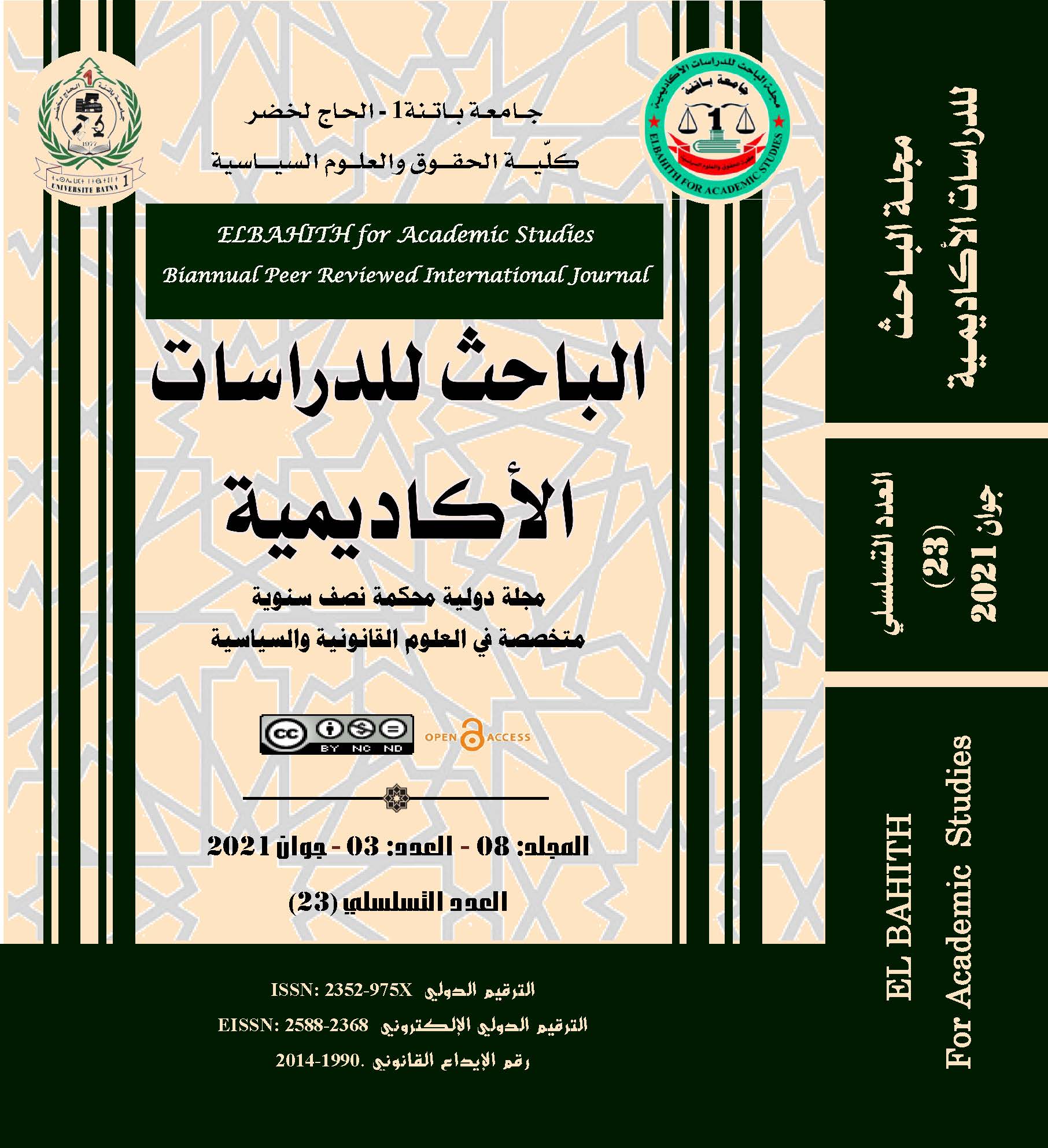Interpol and its role in the implementation of extradition agreements in the fight against organized crime
DOI:
https://doi.org/10.59791/efas.v8i3.1070Keywords:
International cooperationl, organized crime, extradition, InterpoAbstract
The international cooperation has become an imperative to decide on mutual legal assistance between countries to face the dangers of transnational organized crime, It is about providing a helping hand to control things and evidence that help find the truth, in addition to allowing investigative procedures to be carried out in the territories of countries without objection, and helping to arrest and prosecute those suspected of having committed this type of crime, not impunity.
The extradition system is one of the systems that epitomizes mutual assistance between countries to fight organized crime, as many of them have embodied it in a way that does not contradict state sovereignty, and as Interpol is an international security organ charged with participating in extradition operations and acting as a mediator between countries to search for and extradite criminals.
Downloads
Published
How to Cite
Issue
Section
License

This work is licensed under a Creative Commons Attribution-NonCommercial-NoDerivatives 4.0 International License.




